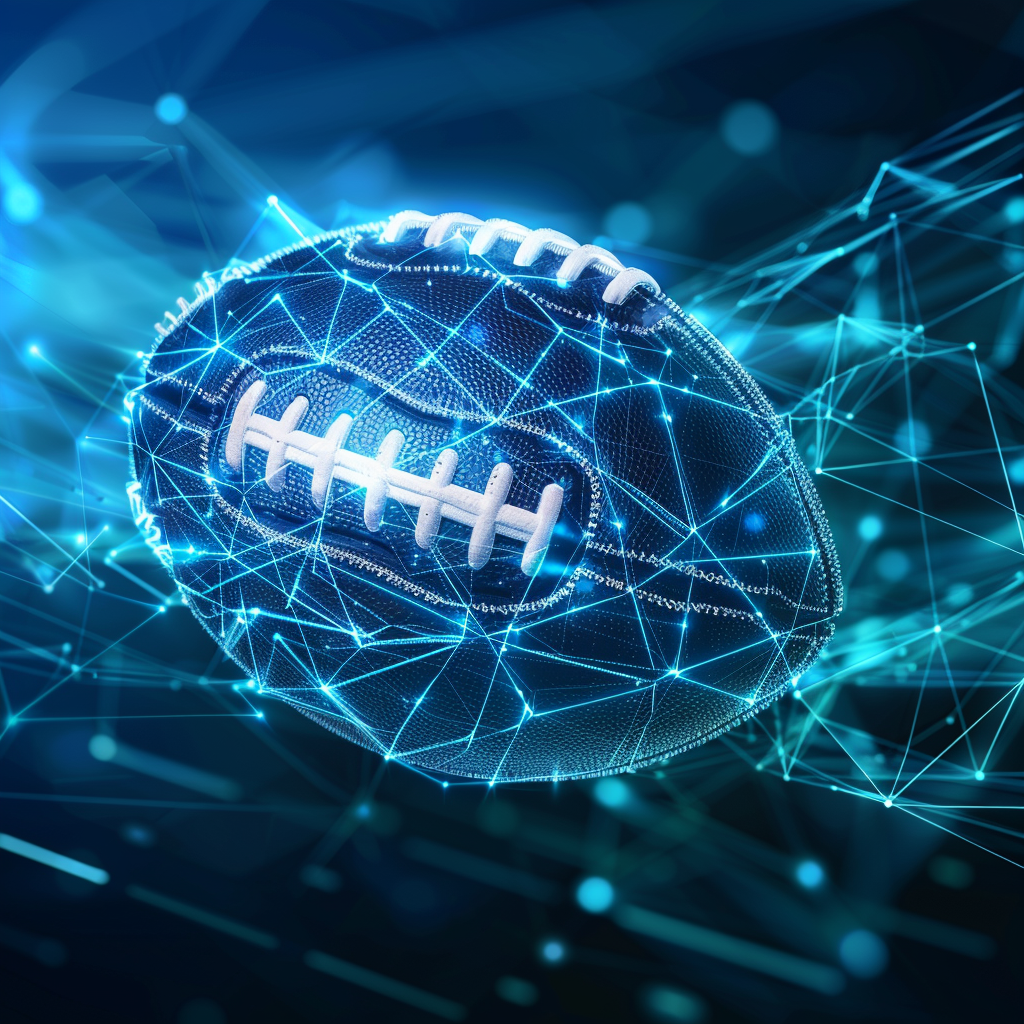The use of artificial intelligence (AI) and neural networks in sports analytics has revolutionized the way we analyze data and predict results. These advanced technologies allow you to process huge amounts of information with high speed and accuracy, which significantly improves the quality of analysis and decision making.
Basic principles of AI and neural networks
Artificial intelligence (AI) and neural networks are technologies that can mimic human thinking and learning. AI is a broad field that includes machine learning, deep learning, and other techniques that enable machines to perform tasks that require intelligence. Neural networks is a specific type of machine learning algorithm inspired by the structure and function of the human brain. These networks consist of many layers of artificial neurons that process and analyze data.
Examples of the use of AI and neural networks can be found in various fields such as medicine, finance, the automotive industry and, of course, sports. In sports analytics, these technologies help analyze player performance, predict match results, and develop strategies for teams.
Benefits of using AI in sports analytics
- Big Data Processing: AI and neural networks are capable of analyzing huge amounts of data in a short time. This includes match statistics, player fitness data, video analytics and other indicators. Fast data processing and analysis allows you to make accurate forecasts and make informed decisions.
- Prediction accuracy and speed: AI can process data with high accuracy and speed. This allows predictions to be made based on a large number of factors such as player form, team tactics, weather conditions and other variables. Highly accurate forecasts help teams and players better prepare for matches.
- Automation and reduction of human factor: Eliminating human error and bias is a significant benefit of AI. Automating the process of data analysis and decision-making allows you to reduce the likelihood of errors and increase the objectivity of forecasts. This is especially important in sports betting, where accuracy and objectivity are key..
Examples of using AI and neural networks in sports
Forecasting the results of matches and competitions is one of the most common applications of AI in sports. Neural networks analyze statistics from past matches, current form of players, team tactics and other factors to predict the outcome of future matches. This helps coaches develop strategies and fans make informed bets.
Analysis and evaluation of player performance is also an important area of application of AI. AI-based systems can track each player’s performance, including speed, stamina, shooting accuracy and other parameters. This allows coaches to better understand players’ strengths and weaknesses and develop individual training plans.
Developing strategies and tactics for teams is another area where AI is making a significant impact. Neural networks can analyze data about opponents and suggest optimal tactics for specific matches. This helps teams be more competitive and increases their chances of success.
The impact of AI on betting and bookmakers
Improved betting accuracy and increased profitability – AI helps players and bookmakers make more accurate predictions, which reduces risks and increases the likelihood of winning. This allows players to get more profit from bets and bookmakers to offer more competitive odds.
Using AI to analyze and manage risks – AI helps bookmakers analyze data and manage betting risks. This includes predicting the probability of match outcomes, estimating the probability of winning and determining optimal odds.
Changing approaches to marketing and customer interaction – AI allows bookmakers to better understand customer preferences and behavior, which helps develop more effective marketing strategies. This includes personalizing offers, analyzing customer data, and improving customer interactions.
Prospects and future of AI in sports analytics
Development of technologies and improvement of algorithms – AI and neural networks will continue to evolve, becoming more powerful and accurate. This will make it possible to make even more accurate forecasts and improve the quality of analysis.
Impact on training and preparation of athletes – AI will play an increasingly important role in developing individual training plans, tracking fitness and analyzing player performance. This will help athletes achieve better results and reduce the risk of injury.
Potential Ethical and Legal Issues – the use of AI in sports also raises a number of ethical and legal issues related to data privacy, fairness and transparency of algorithms. These issues require careful consideration and the development of appropriate norms and standards.
AI and neural networks are already having a significant impact on sports analytics, increasing the accuracy of forecasts and improving the quality of analysis. In the future, these technologies will only improve, opening up new opportunities for athletes, teams and bookmakers. It is important to continue to explore and implement innovative solutions to maximize the potential of AI in sports.
AI and neural networks make it possible to analyze huge amounts of data with high speed and accuracy, taking into account many factors, which significantly increases the accuracy of forecasts and allows you to quickly adapt to changes.
AI improves betting accuracy, helps analyze and manage risks, and changes approaches to marketing and customer interaction, which ultimately improves the profitability and efficiency of bookmakers.

